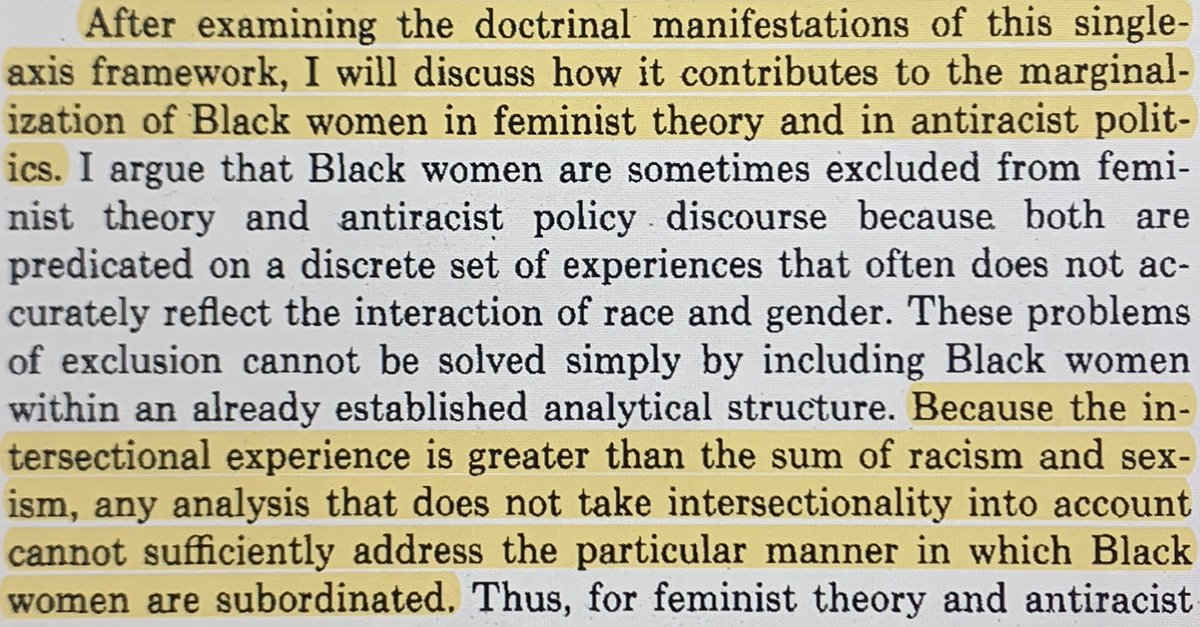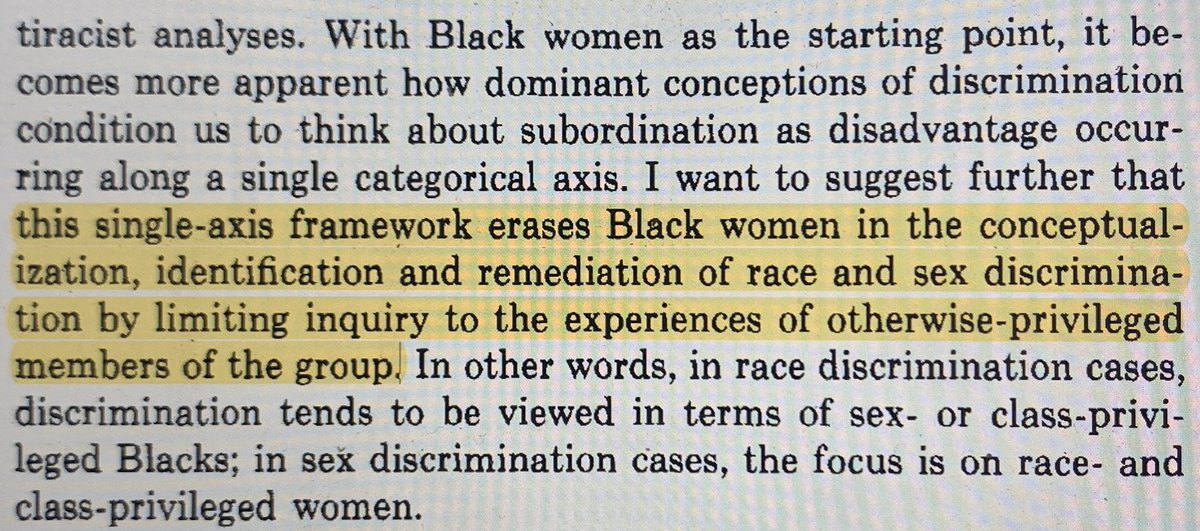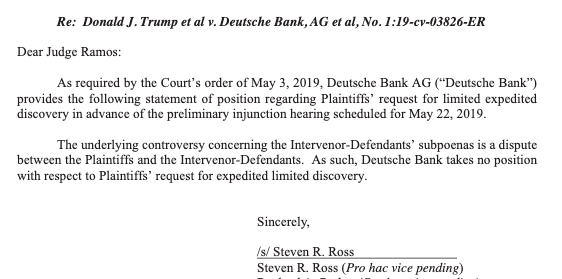So, a 🧵 responding to @jordanbpeterson’s latest @nationalpost piece.
TL;DR: He rejects intersectionality by denying hierarchy’s existence.
nationalpost.com/opinion/jordan…

2 X 2 X 2 X 2, etc.
To consider thought diversity implicates so many distinct subjects that it becomes unworkable. Shouldn’t we defer to merit, instead?










